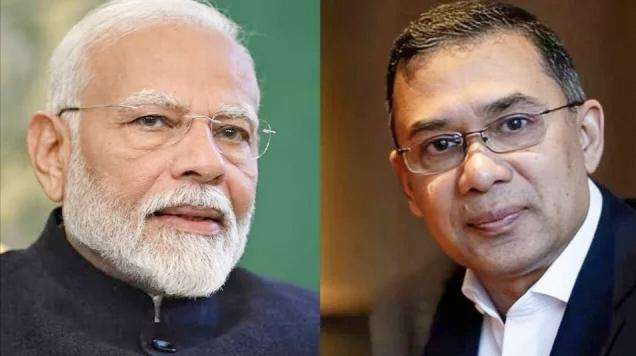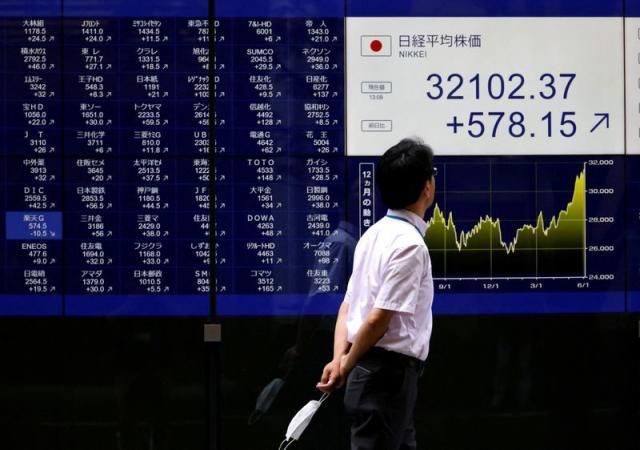Wednesday saw a rise in the pound as a result of the dollar weakening and a business activity report indicating that growth in the British services sector slowed in June, though not as much as first anticipated.
With the exception of the Chinese yuan and the Japanese yen, the value of the US dollar declined against most other currencies on Wednesday as hopes that interest rate cuts were imminent were bolstered by remarks made by Federal Reserve Chair Jerome Powell the day before.
The most recent price of sterling was up 0.13% for the day at $1.2703, marking a fifth day of increases. It was steady at 84.72 pence against the euro.
The S&P Global UK Services Purchasing Managers Index fell in June to 52.1 from 52.9 in May, its lowest reading since November but revised up from a preliminary estimate of 51.2.
Data provider S&P Global linked the slowdown to companies taking a "wait-and-see" approach to the outcome of Britain's national election on Thursday. Opinion polls show the opposition Labour Party is set to win, possibly with a record breaking majority.
"The UK election is unlikely to be a major market event. If the exit poll at 10 pm UK time (2100 GMT) shows a (large) Labour majority and the Conservative party as the second largest party, the market will quickly move on to focus on other factors," Deutsche Bank strategist Shreyas Gopal said in a note.
Those "other factors" include the final round of voting in France's parliamentary election, set for July 7, and key UK data later on in the month that could give the Bank of England room to cut rates at its August meeting, Gopal said, adding: "We remain constructive on the pound, having recently lowered our year-end forecast for euro/sterling to 82 pence."
Futures markets show traders are still only betting on a roughly 50/50 chance of a cut at the Aug. 1 meeting, with a cut fully priced in September.
Investors are currently holding a long position in sterling worth $3.5 billion, having trimmed that back from a high of $4.15 billion two weeks ago, according to weekly data from the U.S. markets regulator.








.svg)


